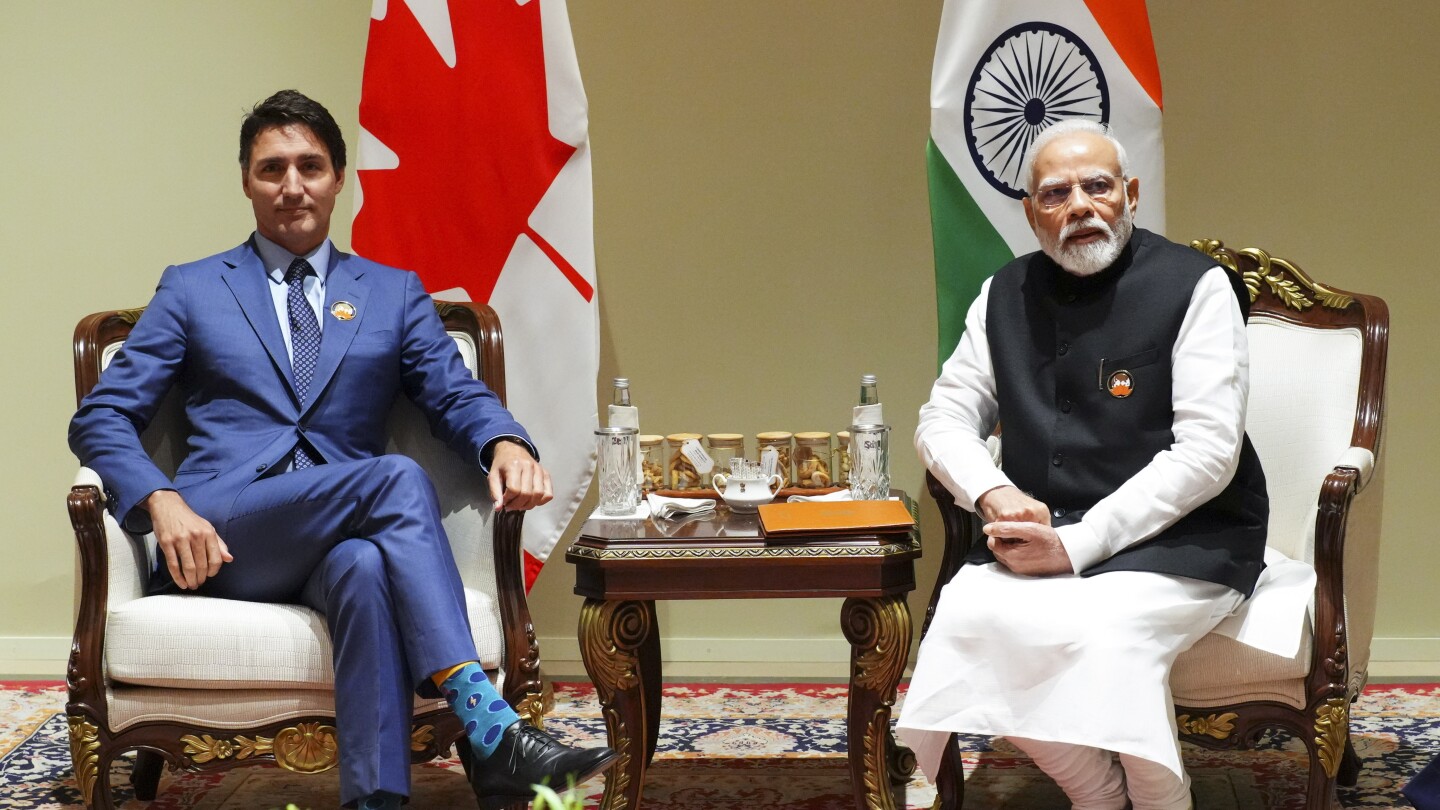The Biden administration is nervously watching a dispute between Canada and India, with some officials concerned it could upend the U.S. strategy toward the Indo-Pacific that is directed at blunting China’s influence there and elsewhere.
Publicly, the administration has maintained that Canadian Prime Minister Justin Trudeau’s allegations that the Indian government may have been involved in the killing of a Sikh separatist near Vancouver are a matter between the two countries.
But U.S. officials have also repeatedly urged India to cooperate in the investigation. Those calls have been ignored thus far by India, which denies the allegations.
Behind the scenes, U.S. officials say they believe Trudeau’s claims are true. And they are worried that Indian Prime Minister Narendra Modi may be adopting tactics to silence opposition figures on foreign soil akin to those used by Russia, Iran, Saudi Arabia and North Korea, all of which have faced similar accusations.



This is the best summary I could come up with:
WASHINGTON (AP) — The Biden administration is nervously watching a dispute between Canada and India, with some officials concerned it could upend the U.S. strategy toward the Indo-Pacific that is directed at blunting China’s influence there and elsewhere.
Publicly, the administration has maintained that Canadian Prime Minister Justin Trudeau’s allegations that the Indian government may have been involved in the killing of a Sikh separatist near Vancouver are a matter between the two countries.
And they are worried that Indian Prime Minister Narendra Modi may be adopting tactics to silence opposition figures on foreign soil akin to those used by Russia, Iran, Saudi Arabia and North Korea, all of which have faced similar accusations.
Perhaps of more concern, though, is that the Canada-India dispute could have major implications for one of the administration’s main foreign policy priorities: the Indo-Pacific strategy, which seeks to counter China’s increasing assertiveness in the region, according to numerous U.S. officials who spoke on condition of anonymity due to the extreme sensitivity of the matter.
To that end it has boosted its diplomatic efforts in the Indo-Pacific, including by creating a leaders group that brings together Australia, Japan, India and the United States.
The fear — albeit a worst-case scenario envisioned by U.S. policymakers — is that the dispute will escalate in the same way that Britain’s row with Russia did over the poisoning of former Russian spy Sergei Skripal and his daughter in Salisbury, England, in 2018.
The original article contains 743 words, the summary contains 242 words. Saved 67%. I’m a bot and I’m open source!